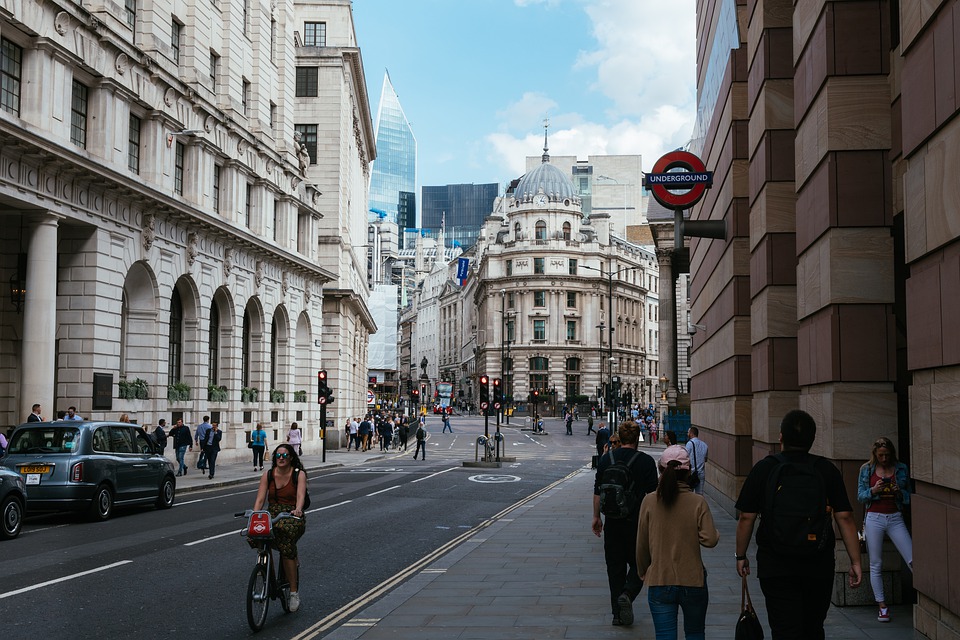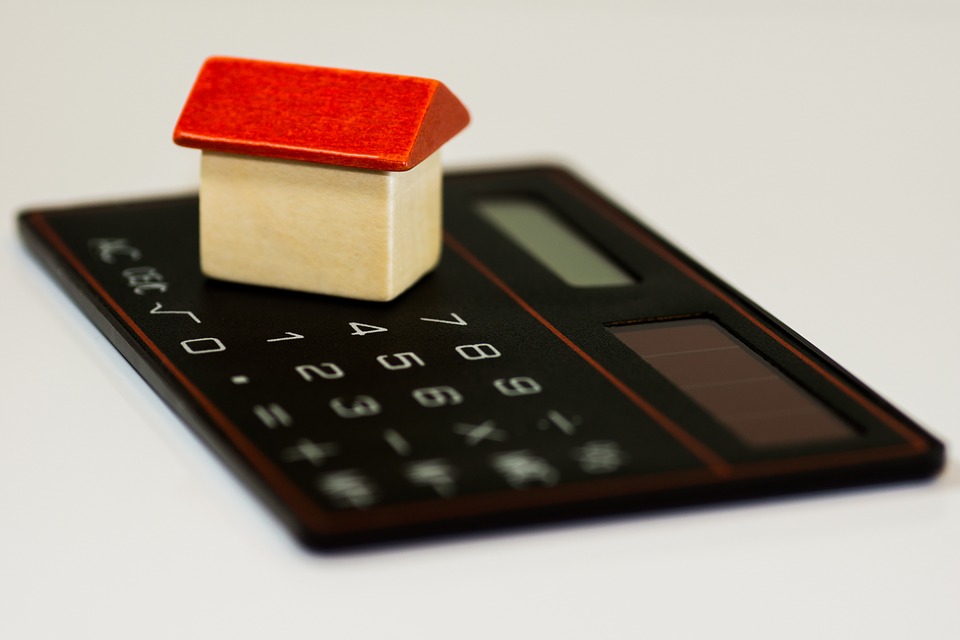It’s been a rocky year for the property market, as protracted political uncertainty and affordability problems left house prices largely stagnant in London and across the UK.
But with a resounding victory for Boris Johnson in the General Election earlier this month, and the prospect of an end to the Brexit saga in sight, 2020 may offer some hope of a turnaround.
So as the sector turns its eyes to the future, City A.M. asked top property experts whether they think 2020 will be boom or bust for the housing market.
Lee Pickett, real estate partner at global legal business, DWF
“Given the scale of the Conservative party’s victory in the general election, and the immediate reaction of both sterling and the stock market it’s entirely possible, likely even, that we will see a short-term Boris bounce for the economy and, as a result, house prices.
“There remains the fundamental problem that at nearly eight times average wages, house prices are already beyond what would normally be considered breaking point. But these are not normal times and mortgage rates are at record lows, which could well add a dose of rocket fuel to the housing market and house prices as a result at the start of the year.
“However, further into 2020 the spectre of uncertainty could make an unwelcome return. Much will depend on the government’s ability to negotiate a new free trade agreement with Brussels before the end of the year. If it can’t then Britain will either leave without a deal or the government will have to ask for an extension to the transition period, probably by June at the latest. Neither option is appealing and the return of political and economic uncertainty will have an obvious impact house prices. Maybe 2021 might bring better news.”
Marc von Grundherr, director of Benham and Reeves
“Previous to the EU referendum we were seeing annual growth as high as nine per cent nationally, hitting double digits within the capital. While it will take time for this momentum to return, six per cent growth across the UK is very attainable for the coming year, should the election play out as expected.
“London will see a return to positive territory”
“London as a whole will also see a return to positive territory and although it has fallen behind of late, once it turns it will turn quickly and so we expect to see house price growth for the region exceed the national top line in 2020 to hit seven to eight per cent.
“Prime central London may have seen the most drastic decline but over the last few months, parts of the top end market have also seen the largest revival. Now that we’ve seen the bottom of the market, this revival will continue with the hottest pockets expected to climb by as much as ten per cent in the next 12 months.”
Michael Stone, founder and chief executive of Stone Real Estate
“We’ve seen the property pedigree of the new build sector continue to outperform the wider market not only over the last year but since the EU referendum itself, and this is a trend that will continue well into 2020.
“Across the UK, new build house prices have increased by 4.6 per cent in the last 12 months alone, compared to just 0.6 per cent across the wider market. While this increase is smaller in London at 1.9 per cent, the capital’s wider market has declined by -1.2 per cent during the same time.
“This has been due to a sustained level of demand from first-time buyers in particular and a four per cent price gap between the two sectors is likely to remain, although we should see the market pick up over the coming months, with London enjoying a notable return to health.
“All things considered, we could see new build price growth lift another six per cent over the coming year, and while London may take longer to thaw, a three per cent jump is the least new build homebuyers can expect to see for the year ahead. Although this could be much higher depending on buyer sentiment levels.”
Patrick Alvarado, director of prime central London estate agency Nicolas Van Patrick
“Presuming Brexit happens, we would expect house price growth of around three per cent in prime central London in 2020. The continued surge in transactions we’ve seen in the last quarter should continue. As more supply comes to market over the year, pent-up demand will be satisfied and prices will level off. This will be more pronounced if Boris Johnson implements the extra three per cent stamp duty surcharge on foreign buyers as indicated in his recent manifesto.
Jeremy Leaf, north London estate agent and a former RICS residential chairman
“As far as impact on the housing market is concerned, the election is likely to result in a short-term bounce at least. However, the strength of this bounce will largely be determined by early clarification of the Brexit timetable.
“Demand can’t be pent up indefinitely and the clearest message we have received on our doorstep over recent months is that many people are fed up with waiting to move. That sentiment is reflected in greater-than-usual interest in pre-Christmas market appraisals.
“Nevertheless, I would be very surprised if there is a significant increase in values despite many sellers telling us it will happen. Prices have been underpinned for some time by a shortage of supply so any rise is likely to be more than outweighed by a stock increase in most price ranges.”
Howard Archer, chief economic advisor to the EY Item Club
“The housing market may get a modest leg-up should the UK leave the EU with a deal by 31 January. We believe an easing of uncertainties could see house prices rise by around 2 per cent in 2020. Housing market activity – and possibly to a lesser extent prices – could be given a modest lift in 2020 if the government introduces specific measures aimed at boosting the sector in the Budget.
“However, the economy still looks set for a challenging 2020 even if there is a Brexit deal so that the upside for house prices is likely to be limited. Furthermore, Brexit concerns could very well pick up again as 2020 progresses due to concerns over what will happen at the end of the year if the UK and EU have failed to reach agreement on their longer-term relationship and the transition arrangement is due to end (both sides have to agree to an extension of the transition arrangement and Boris Johnson has stated that he will not seek an extension).
“Should the UK ultimately leave the EU without a deal, we believe house prices could quickly drop around five per cent amid heightened uncertainty and weakened economic activity.”
By James Warrington
Source: City AM





